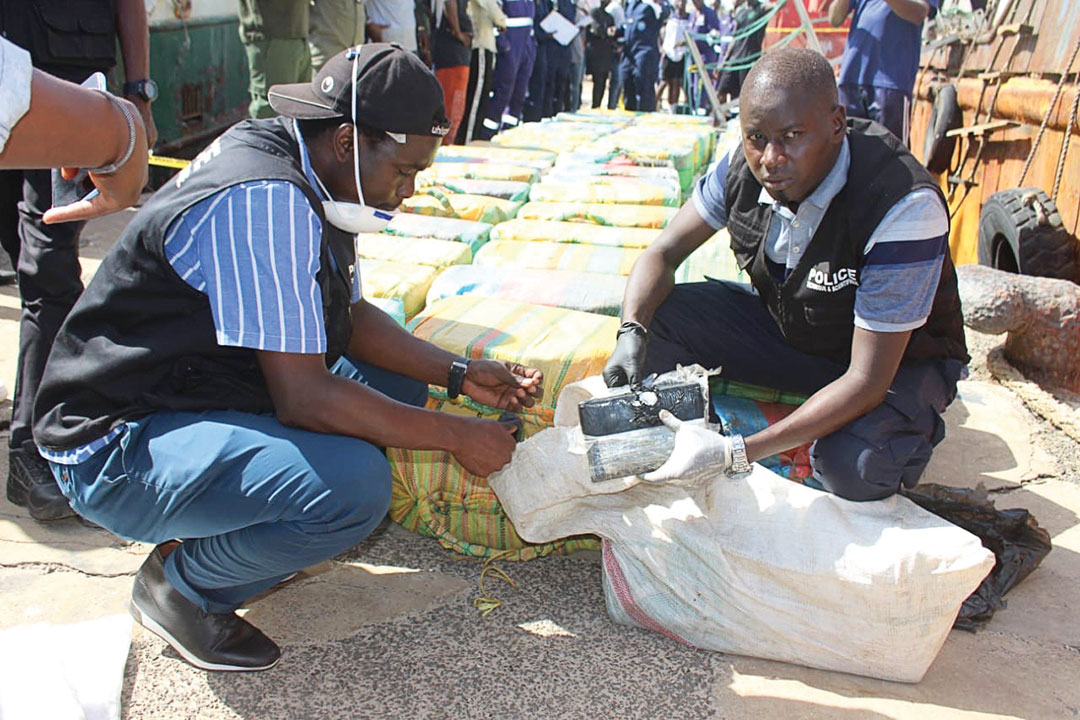
Authorities in Senegal have announced the seizure of 643 kilograms of cocaine in the city of Rufisque, near Dakar, in what security officials describe as one of the most significant drug interceptions in recent months.
The operation unfolded in the early morning hours of August 5 in the Cité Noflaye district, where members of the Sangalkam Gendarmerie Brigade, working in coordination with the Dakar-Extérieur Customs Subdivision, responded to specific intelligence pointing to suspicious activity.
Upon arrival at a quiet residential alley, officers encountered three individuals transferring cargo between two vehicles. Two suspects fled during the intervention, but the third was apprehended at the scene.
A swift inspection of the vehicles uncovered a staggering 643 kilograms of cocaine, packed in jute bags, each containing a sealed one-kilogram sachet. The Drug Enforcement Group later confirmed the identity and high purity of the substance following standard laboratory tests.
According to preliminary investigations, the haul was likely in transit and temporarily stored in Rufisque, a strategic urban hub often used as a staging ground before further transportation, potentially by sea or land, to other parts of West Africa or Europe.
This seizure is the latest in a string of operations aimed at dismantling drug trafficking networks operating in Senegal. In recent months, authorities have intercepted several shipments both on land and in coastal waters, confirming Senegal’s increasingly prominent role as a transshipment point in the international narcotics trade.
The operation also highlights a growing trend among traffickers: the use of peri-urban areas and seemingly quiet neighborhoods for covert activities. The deployment of ordinary vehicles, late-night timing, and discreet logistics all point to a well-organized network operating beneath the radar.
Security forces attribute the success of this operation to improved coordination, real-time intelligence gathering, and rapid deployment strategies. Yet, the bust raises urgent concerns about the presence of local facilitators capable of receiving, concealing, and repackaging such large volumes of illicit drugs—underscoring the entrenched nature of criminal networks in the region.



